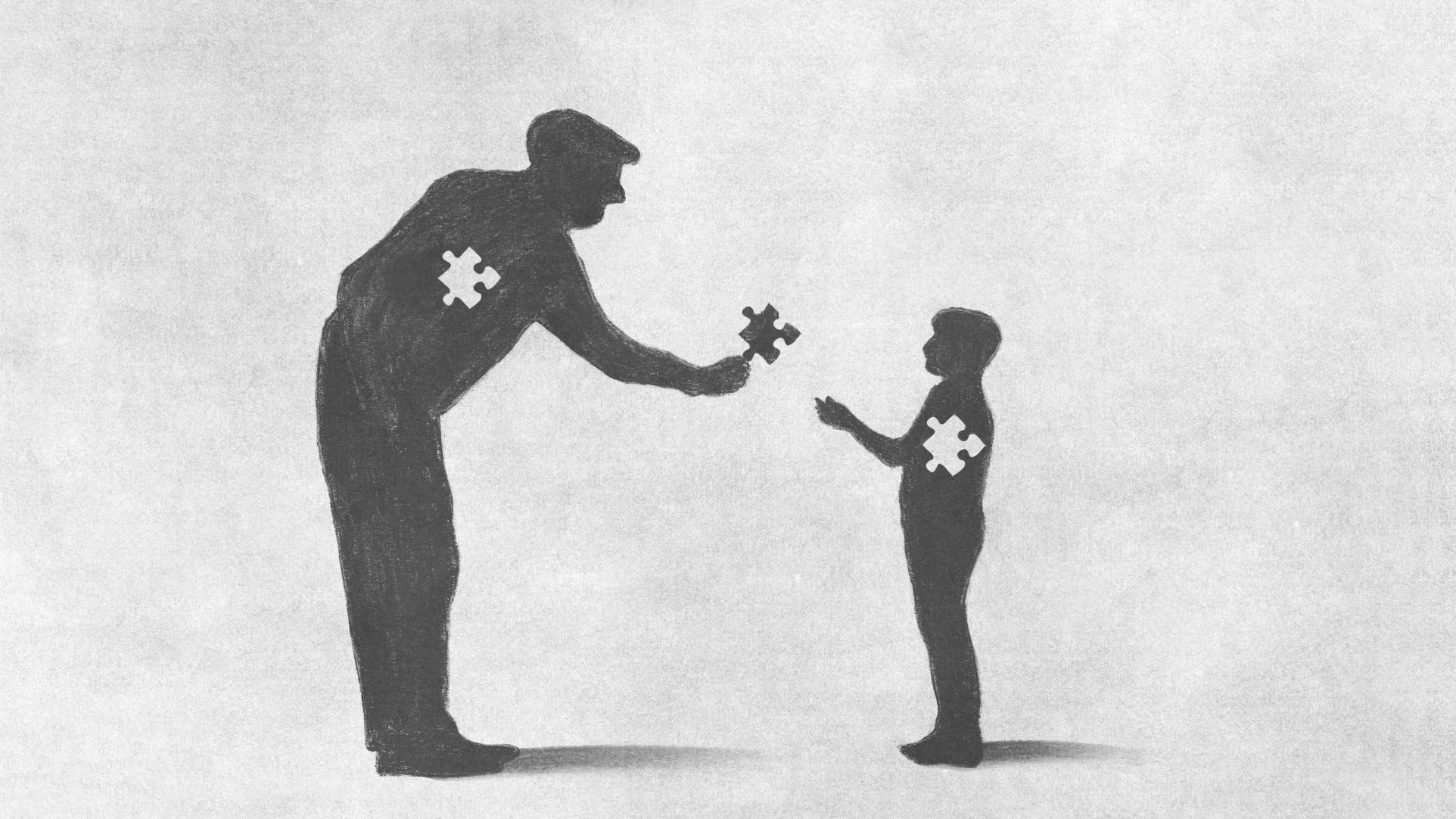"I offered my back to those who beat me and my cheeks to those who pulled out my beard. I did not hide my face from mockery and spitting."
Isaiah 50:6 (NLT)
In His first recorded discourse, the Sermon on the Mount of Matthew 5–7, Jesus gave His followers a command that is perhaps the single most difficult teaching to obey in all the New Testament. It was not a command to believe something extraordinary, nor to pray or worship in some peculiar way. It was harder by far. He commanded His followers to open themselves to exploitation. Here is what He said:
"[D]o not resist an evil person! If someone slaps you on the right cheek, offer the other cheek also. If you are sued in court and your shirt is taken from you, give your coat, too. If a soldier demands that you carry his gear for a mile, carry it two miles. Give to those who ask, and don’t turn away from those who want to borrow" (Matthew 5:39–42 NLT).
This command cuts deeply across the modern psyche, Christians included. To give money to anyone who asks is bad stewardship. To surrender in court invites frivolous lawsuits. To submit to physical violence enables abusers. We want the exact opposite. We want to end violence and abuse. We want legal protections, not legalized robbery. We want to use our money as God intended, not hand it over to those who will not use it wisely. Yet Christ's command could not be clearer. "Do not resist an evil person." He gave concrete examples of what to do when someone tries to take advantage of us. We should give in and give more.
At first such a sacrificial policy seems contrary to Jesus's own practice of uplifting the downtrodden. How can anyone show kindness to the oppressed while showing kindness to the oppressor? Perhaps Solomon, history's second wisest man, can offer us a clue.
In Proverbs 25, Solomon advises, "If your enemy is hungry, give him bread to eat; and if he is thirsty, give him water to drink; for so you will heap coals of fire on his head..." (Proverbs 25:21–22). What intriguing advice! It too seems laced with contradictions — treat an enemy as a friend, show kindness to cause pain — but embedded within Solomon's words is an incredible understanding that no situation is static. People can change, and kindness can change them.
When we respond to injustice by fighting back, oppressors use our own actions as justification for their oppression. In Jesus's day, the Romans justified their oppression of the Jews by recounting the many Jewish rebellions against their authority. Every oppressor needs a reason, no matter how hollow, but meeting injustice with its opposite, kindness, robs the oppressor of any rationalization — coals of kindness that burn the conscience. Injustice is only made apparent by contrast.
Without a doubt, a contrast made by kindness has an effect. It is tough for even the worst oppressors to receive kindness from their enemy without slowly (sometimes very slowly) ceasing to think of their enemy as an enemy. The change goes both ways. It is also tough for us to give kindness to our enemies without slowly (sometimes very slowly) ceasing to think of our enemies as our enemies. That was Christ's true goal, not to turn His followers into those who submit to evil, but to teach them to turn enemies into friends. That is why, in the opening words of the Sermon on the Mount, He made this incredible promise: "Blessed are the peacemakers, for they shall be called sons of God" (Matthew 5:9).
Call to Action
What can you do to be a peacemaker today? How can you turn the other cheek? Can you show kindness in the face of cruelty? Can you be generous to the selfish? How can you show even those who would take advantage of you that you are a child of God? Ask the Lord, He is the master at it — for while we were still sinners Christ died for us.” (Romans 5:8)
Unless noted otherwise, scripture taken from the New King James Version®. Copyright © 1982 by Thomas Nelson. Used by permission. All rights reserved.




